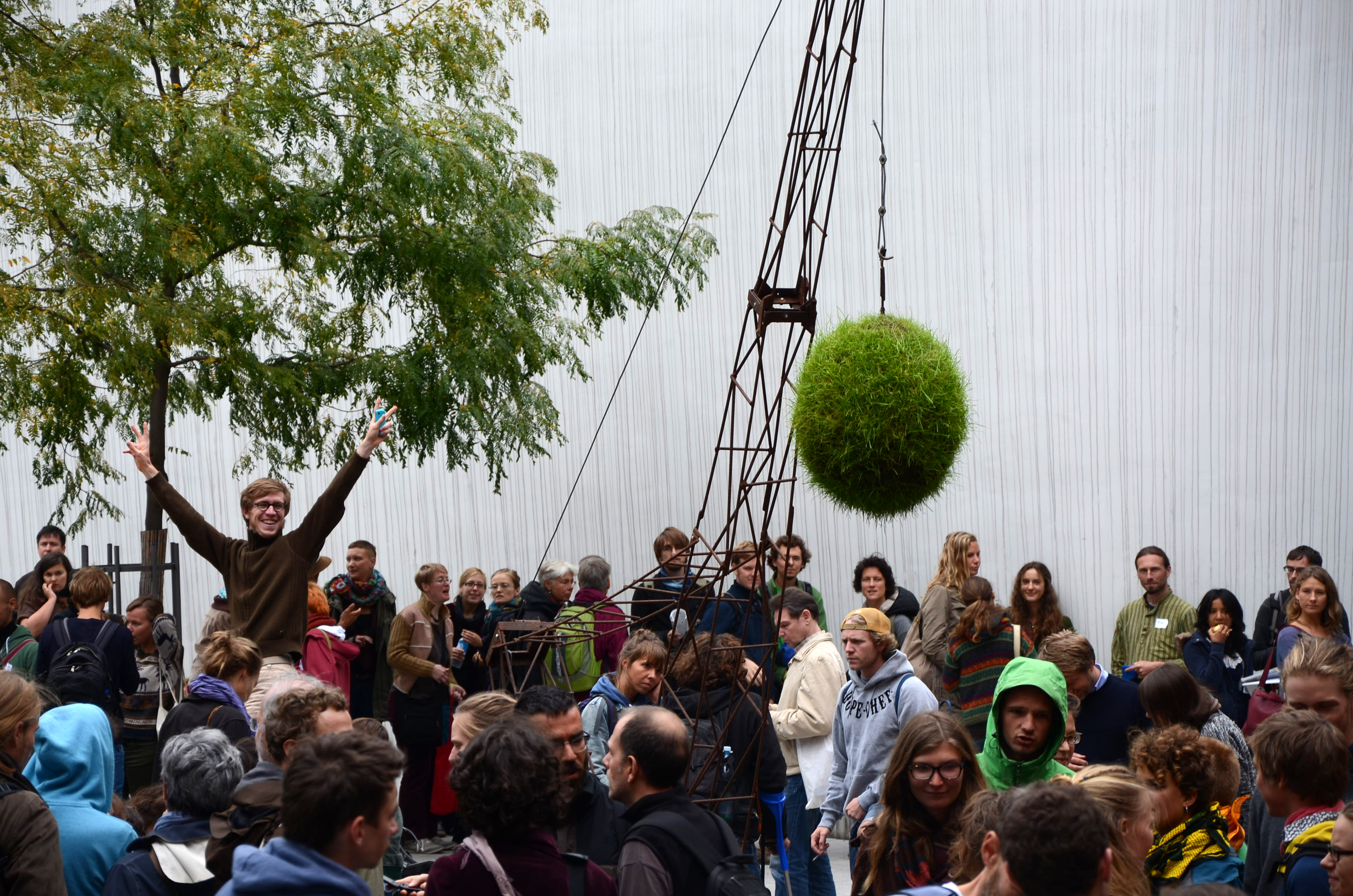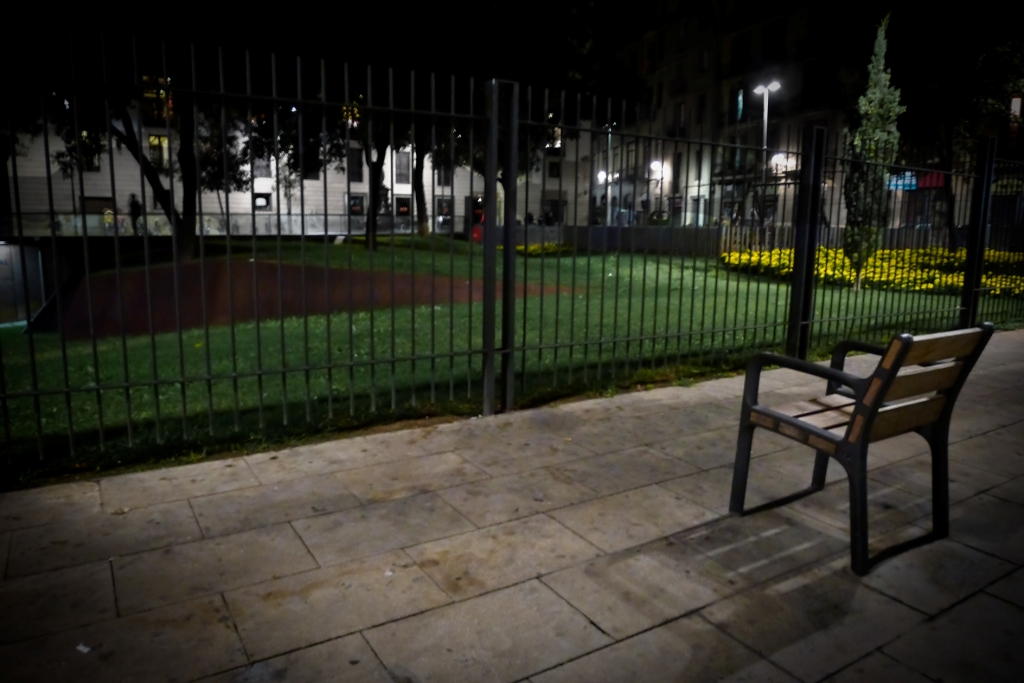Interview with Christine Bauhardt
Prof. Dr. Christine Bauhardt is professor for Gender and Globalization at the Humboldt University in Berlin. Her main research interests are society-nature-relations and gender relations, feminist critique of the economy as well as migration and urban development. She took the time to answer our questions for the interview-series of the Stream towards Degrowth. Imagine we're living in the future, say in the year 2030, in a time of well-being. Humanity enjoys a good life beyond economic growth. Let's look back at the last few decades. 1. In what respect did society depend on growth? Economic growth at that time was fostered by the demand for conspicuous consumer goods, e.g. cars and clothes. The German car manufacturing was the leading sector for expensive and petrol consuming vehicles. They were bought by affluent male car drivers wanting to display wealth and power. The demand for clothes, either cheap or expensive, was driven by the fashion industry and ideas about female beauty and attractiveness. 2. What obstacles impeded a turning away from economic growth? Turning away from economic growth would have meant dealing with projections about social gender norms and gendered desires. Consumer goods do not only satisfy basic needs. They very often compensate for hidden psychic impulses. Therefore, appeals to less, but more deliberate consumption often remain vain. 3. How did your actions contribute to a society beyond growth? I have always been leading a hedonistic lifestyle. Everyday, I chose which mode of transportation met best my travel needs and provided me with most pleasure. In the sunshine I cycled to my workplace, in the rain I travelled by public transport using the time to read the newspaper. I have ever been passionate about good food and I love cooking so I have been shopping at my local farmer’s market as often as possible. Time affluence has always been of great value to me. 4. From your point of view, what does well-being imply in a society that consciously chose low production and consumption levels? Well-being in this sense would imply for me satisfying and reliable social relations. In a society in which commodities are less available by financial means, economic and social security depends largely on the individual capacity to construct and maintain personal relationships. This is time-consuming and can comprise power relations. In the current debate, I think, these aspects are not enough reflected on. 5. Which signs for a world beyond growth did you already notice in 2013? In 2013, the financial crisis was the most obvious sign that economic growth serves the mighty and wealthy and disempowers the majority of people. A world beyond growth in 2013 looked more like a dystopia of inequality and injustice than a happy and socially rich degrowth society. Economic degrowth had to be coupled with political democracy in order to develop a new vision of prosperity.

Dear Life, I was not aware, when I was born, that I was born onto a battlefield. I was not aware, as I learned to walk, that I was stomping over the habitats of many creatures. I was not aware, as my mother drove me to school, that we were riding roughshod over the unmarked graves of our fellow humans. I was not aware, as we flew around the world, that I was attacking my child’s chances. I was...

The 6th International Degrowth Conference for Ecological Sustainability and Social Equity will take place in Malmö 21-25 August 2018, with Dialogues in turbulent times as its overarching theme. More information about the conference is available at malmo.degrowth.org. In the spirit of the previous conferences, the organizing committee is inviting three types of contributions: - academic ...

By Corinna Burkhart Humans get used to quite a lot of things and live their daily life through a set of what we can call habits. Everyday experiences are not much worth a thought as long as everything is like it always is. This can be driving by car to town, only to get stuck in the usual traffic jam, or something very simple like flushing the toilet or using knife and fork to eat a grilled pi...